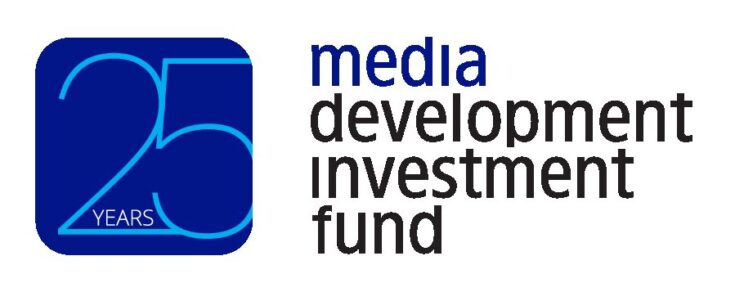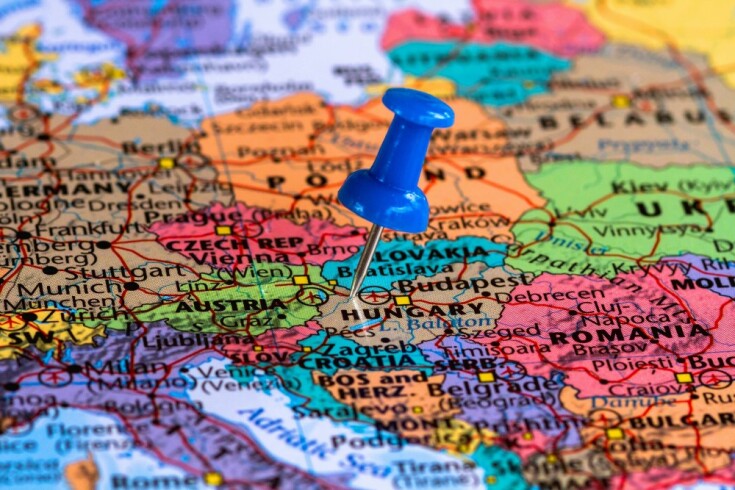By Peter Whitehead, Director of Communications.
In the first article in this three-part series on media capture, we looked at the first two steps taken by governments seeking to capture media: controlling the media regulator and the public service broadcaster. In the second article we looked at third and fourth steps: using state financing as a control tool and, finally, taking ownership of independent media organisations.
In this final article, we will assess what we have learned about combatting capture in 25 years of supporting media and, specifically, what practical intervention we can make now using the tools at our disposal to keep media companies free from compromised ownership. Given the current epicentre of media capture is in Europe, that’s also where we need to keep our current focus. Moreover, that is where media capture is most visible and Europe has the oldest and most developed regional human rights mechanism that over decades created a solid groundwork on which independent media principles could flourish. But the last decade has seen erosion of these standards.
An old problem in a new context
MDIF was conceived as a ‘media bank’, a tool to help media in the formerly communist countries of Central, Eastern and Southeastern Europe build businesses strong enough to stay financially independent from state and oligarch control. We provided them with affordable loans and media know-how that helped to create the financial foundations on which they could build their editorial independence. As loan repayments were made to us, we recycled them and lent them out to other media businesses across the region and in other parts of the world.
In the 25 intervening years, in some ways not much has changed in how we work. Yes, we use more sophisticated financial instruments and the assistance provided by our media advisory services is very different to that of the mid-1990s. But fundamentally, we still use financing and technical assistance to help independent media build sustainable businesses that are independent of political and vested-interest control.
Yet now in many of the countries where we first worked, in Europe and beyond, we are seeing a return to bullying, authoritarian governments intent on controlling news and information to help them protect their political power and economic interests. Worse, this is even happening in European countries where our services weren’t needed 25 years ago, countries where freedom of expression used to be respected.
The unprecedented deterioration in press freedom and increase in political interference has been recognised by the European Commission, which will present a Media Freedom Act in 2022 in a bid to reduce political influence and ensure pluralism. EU Commissioner for the Internal Market Thierry Breton said the Act would “ensure the integrity and independence” of the EU media market. Europe is recognising that media companies cannot be treated as just another business and that safeguarding independence of these companies is essential to media freedom and democracy.
What can MDIF do about it?
In our first two articles, we discussed a range of media market and regulatory environment issues that must be tackled if independent media are to be able to operate; there must at least be a partially level playing field if private media are to be economically viable.
MDIF can and does add its voice to calls for action to address these macro issues, such as moves to require governments to fairly allocate advertising expenditure, but our work is focused on practical, on-the-ground interventions – working side-by-side with our clients, private media companies – so our goals need to be practical and our action swift. Therefore, we must focus on where we have the capacity to make the most difference: using investment and media advisory to address the fourth element of media capture (above), to help safeguard independent media ownership.
We also bring one additional tool that can help us scale our impact: mobilising capital.
Pluralis: Impact investment to safeguard independent media in Europe
We have always viewed mobilising funding that would not otherwise support independent media as one of our key objectives. Over the years, we have attracted millions of dollars from foundations, impact investors and family offices that have not previously supported independent media to the sector. Given the size of the capture problem and the scale of investment that is needed to help just one leading media company in Europe, engaging new capital is vital.
On November 29, 2021 we announced the launch of Pluralis, an impact investment vehicle for news companies that provide independent, quality reporting in Council of Europe countries where pluralistic media are at risk, investments which MDIF manages.
Pluralis brings together a coalition of prestigious European media companies, foundations and impact investors, including foundations King Baudouin Foundation and Tinius Trust, and Mediahuis, a leading European news publisher with its main activities in Belgium, the Netherlands, Luxembourg and Ireland. This multi-stakeholder approach also includes impact investors and family offices.
Pluralis’ objective is to support plurality of news across Europe. It invests mission-aligned capital and media expertise in independent media companies to support and strengthen their businesses, and to help preserve the editorial independence of their news operations. Pluralis eschews any involvement with a company’s editorial decision-making.
Pluralis has made two investments to date. It has acquired a 40% share of leading Polish media company Gremi Media S.A., publisher of Rzeczpospolita, one of Poland’s most important and influential newspapers, and a 34% stake in Petit Press, Slovakia’s second largest publisher. Pluralis’ investment framework is explicitly non-partisan: it invests in independent media companies practising responsible high-quality journalism, regardless of editorial orientation.
Although Pluralis has a mission focus and only invests in news businesses built around the principles of quality journalism whose independent ownership may be under threat, it does so only when it believes it can help them deliver on their growth strategies.
In addition to providing capital to support independent ownership, Pluralis draws on the expertise and experience of its shareholders to support investee management through active board participation and by transferring leading-edge industry expertise to facilitate company growth and value creation. Its blended capital approach encourages a wide range of Pluralis shareholders, which ensures diversity of funding and provides additional assurances for investee media.
Much more work to be done
We are in the process of growing the investment base of Pluralis, yet even if we succeed in meeting our goals, Pluralis can only be one part of the solution.
Media capture is happening at an unprecedented scale across Europe and beyond, and may spill over into countries that have so far been immune. Pluralis financing may safeguard a small selection of European media companies from capture, but media development organisations, intergovernmental institutions and others must keep up the pressure on changing corrupt and unfair systems and processes that provide the conditions in which media capture can thrive.
Pluralis is a good start, but ultimately it must be part of a bigger solution, one that addresses all aspects of media capture and is able to act on a global basis.

This article is part of our series, ‘25 things we’ve learned’, marking MDIF’s 25th anniversary.
